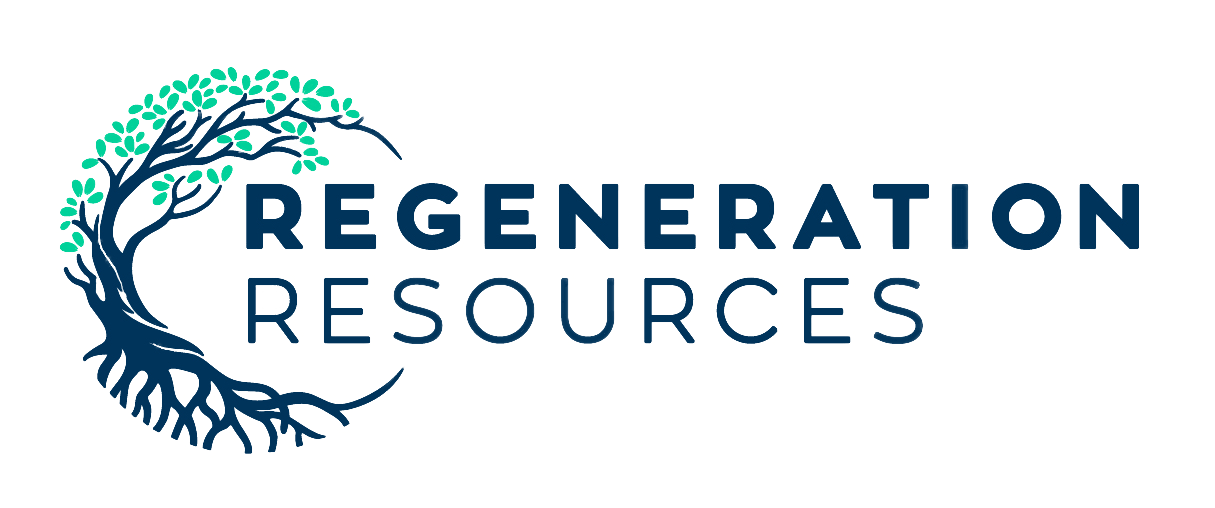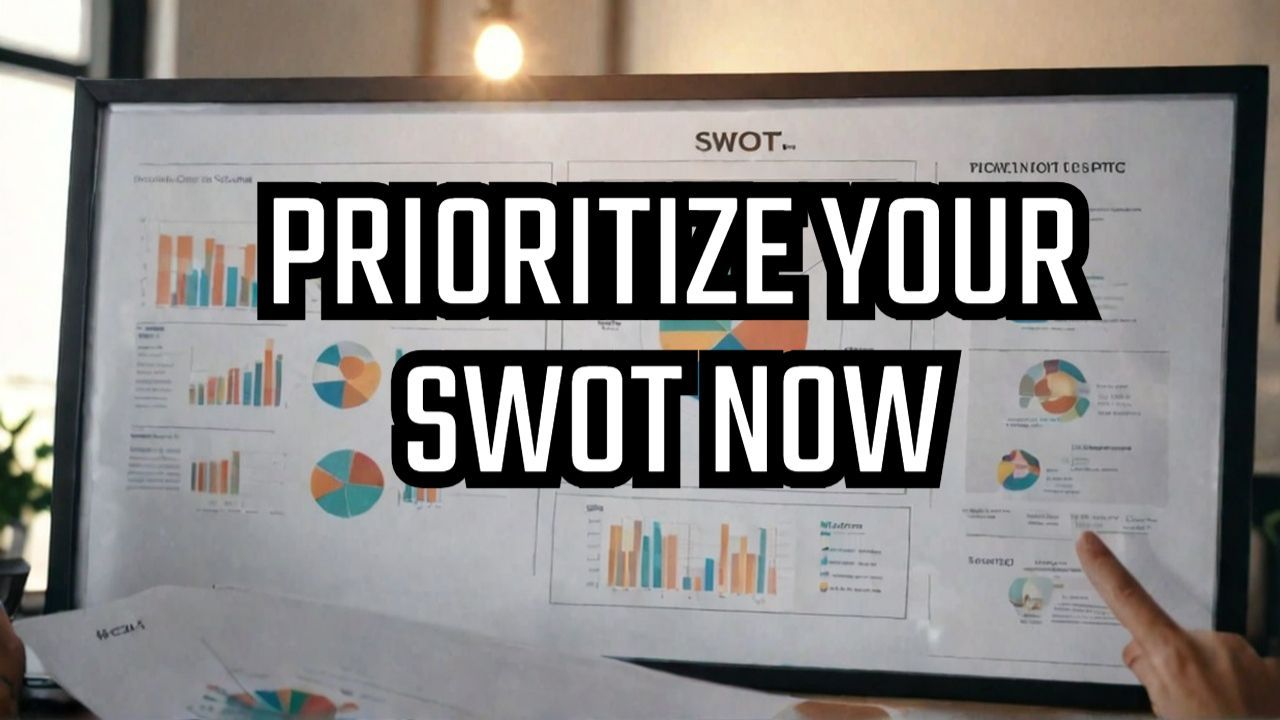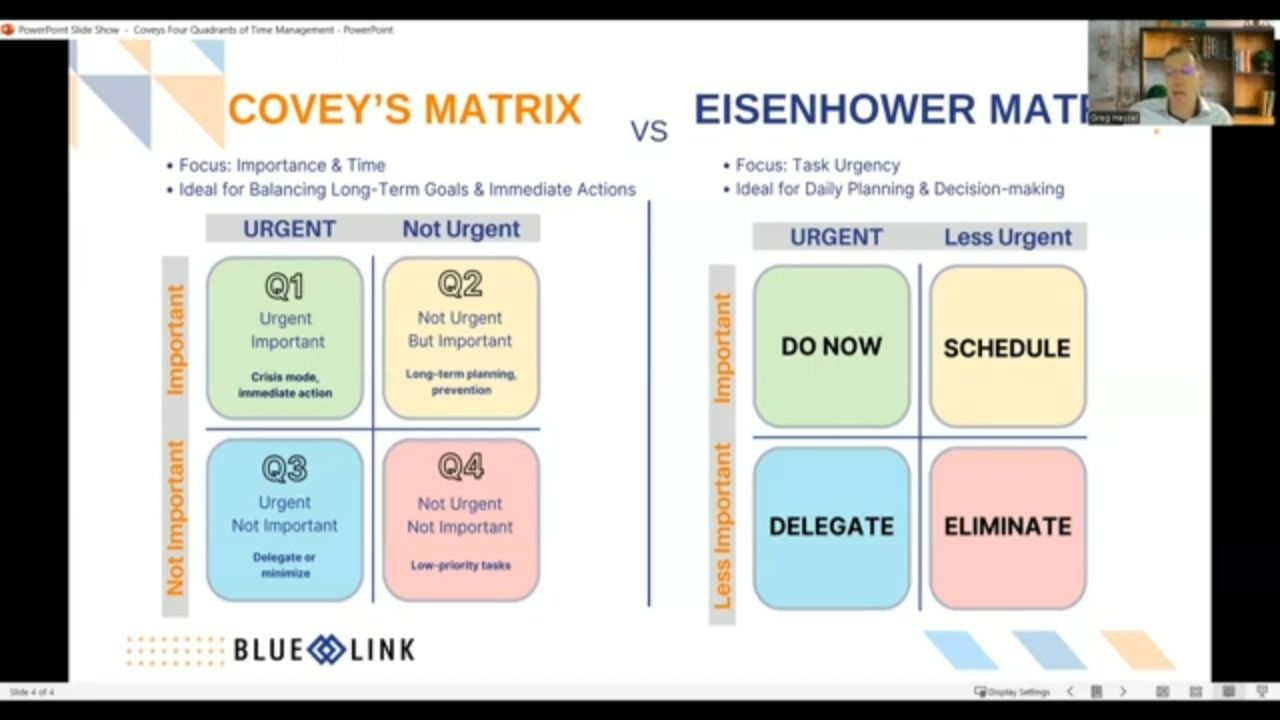Conflict Management Essentials: Barriers to Listening
Overcoming Barriers That Keep Us From Being Effective

It is rare that people feel really listened to and still experience conflict negatively. So, it should be easy to keep conflict from escalating by just listening. However, listening is one of those activities that is easier said than done. Here I discuss two of the most powerful barriers to listening and some ways to work with them.
In our culture we often don’t deal with emotions very honestly. Either we pretend that we don’t have emotions because we think we need to “stick to the facts”, or we act out our emotions. If we use the first strategy we are in denial; if we use the second, we tend to unfairly dump our emotions on others. Neither of these strategize is very effective, and most of us are not aware of it when we are doing these things.
I was recently coaching a manager about a conflict she was involved in. When it became clear that she had strong feelings about a conflict I asked her if she communicated her feelings. She said, “Yes, I told them how I felt. I told them they were rude and inconsiderate.” This manager truly thought this statement was telling the other party how she felt. In truth, it was more “telling them off.” As the authors of Difficult Conversations state, “judgments and accusations are not feelings and will not help resolve a conflict.” Owning feelings, without blaming the other person for them, can help free us to listen better.
2. Wanting to Win
Someone once said, “In the US communication is a competitive exercise in which the first person to draw a breath is declared the listener.” In our culture we tend to think about conflict as a contest to win. We think that by winning things will get better for us. However, if we win, and the other loses things will not improve for us because when people lose one battle, they tend to gear up for the next one. One party winning at the expense of the other does not resolve conflict despite our ingrained myths about conflict.
If we really want to win the argument, it is hard to listen to others.
The way to work with this barrier to listening is by first, increasing awareness of our true motives for engaging in a conflict. One way to become aware is to stop long enough to ask ourselves, “What are my real motives for engaging in this conflict?” If our motives are to win, it will be almost impossible to resolve the conflict. Once we have identified our motives, it becomes possible to freely choose another goal. Other goals for engaging in a difficult conversation might be to see what I can learn about the situation from the other perspective, see what I can learn about myself, or to come up with a solution that works for both of us.. All of these motives are much more likely to lead to resolution than trying to win.
Every few months I produce a free newsletter. No Spam. Unsubscribe anytime.
For a taste, view the archives
SUBSCRIBE
Blogs and vlogs are sorted by topic at the bottom of each service page
STRATEGIC PLANNING
CHANGE MANAGEMENT
CONFLICT MANAGEMENT
TEAM BUILDING
ASSESSMENTS
EXECUTIVE COACHING
IMPROVING EFFICIENCY
BOARD DEVELOPMENT




